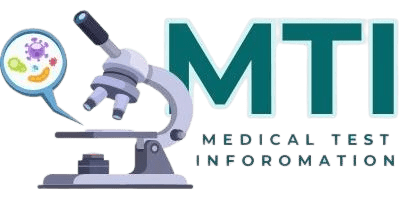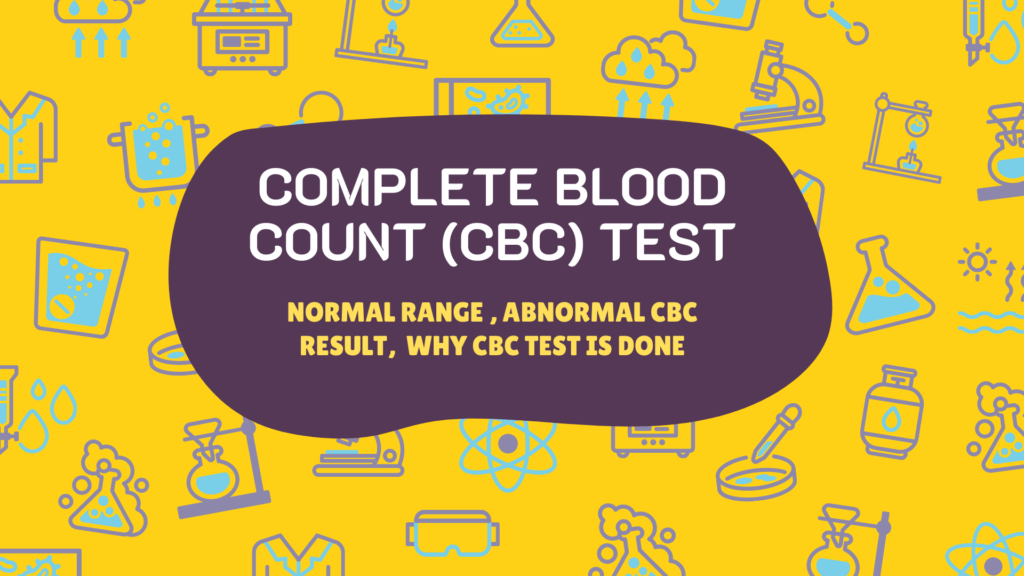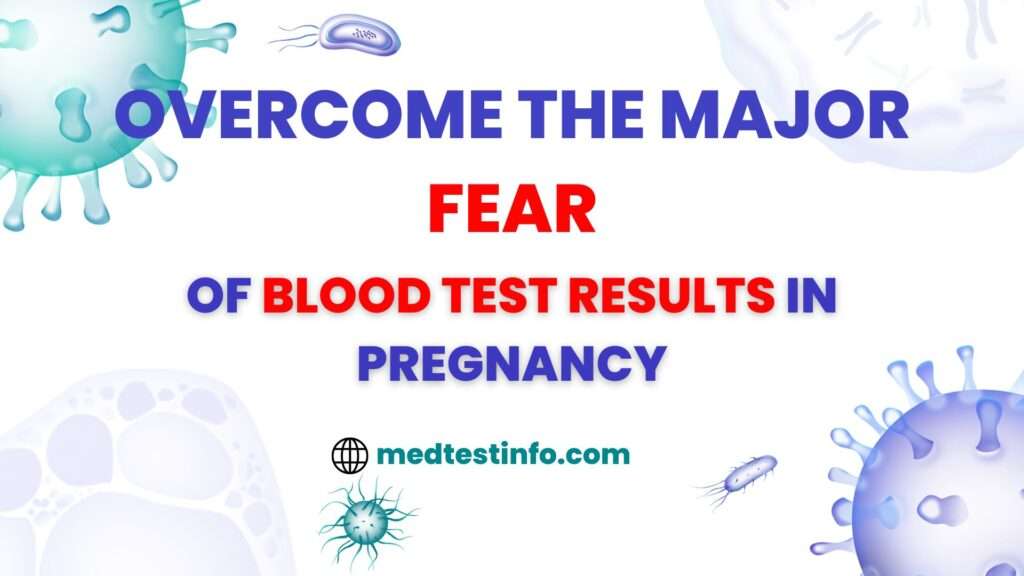
Overview
Maintaining sexual health is critical, and regular testing helps to ensure well-being. If you’re thinking about getting an STD or STI test, knowing what choices are available for same-day testing and speedy results will help you make an informed decision. In this article, we will look at different STD screening methods, including at-home kits, and discuss typical concerns regarding sexually transmitted infections.
Can Blood Tests Show STDs?
Blood testing is a frequent way to diagnose certain STDs. These tests help detect illnesses like HIV, syphilis, and hepatitis. However, not all STDs can be detected by blood tests alone. Chlamydia and gonorrhoea infections are typically diagnosed using urine samples or swabs.
If you’re wondering if routine blood tests can detect STDs, the answer is usually no. Routine blood testing at health checkups may not include STD screenings. Specific tests must be requested to ensure complete STD testing. If you’re concerned about your sexual health, ask about getting a complete STD kit at home or at a testing centre to cover all possible illnesses.
Same-Day STD Testing
One of the most significant issues for people looking for an STD test is the wait time for results. Fortunately, many clinics now provide same-day STD testing, which allows you to receive your findings promptly, typically within hours. This is especially useful if you have symptoms like black spots on your penis or other strange indicators.
With the rise of immediate STD testing, you can now get same-day STI results for a variety of illnesses, including HIV and syphilis. Rapid tests can be performed on blood or saliva samples, yielding precise results in a quarter of the time as older methods. Many people wonder, are rapid STD tests accurate? The answer is yes; quick tests can be highly reliable.

Methods Of Rapid Testing For STDs
Rapid STD testing is intended to produce speedy and efficient findings. The two main types of quick testing are:
- Blood tests: A small amount of blood is drawn, usually from a finger prick, and tested for specific illnesses like HIV and syphilis. Typically, results can be acquired within 20 minutes.
- Oral Fluid Tests: These tests use saliva to identify specific STDs, including HIV. They are non-invasive and produce results in the same timeframe as blood testing.
Both procedures are successful, but understand which infections each test covers.
Common Types Of STDs And Their Symptoms
Getting to know the common types of sexually transmitted diseases (STDs) and their symptoms is vital for catching them early and getting the proper treatment. Awareness of possible warning signs can help avoid complications and lower the chances of spreading further. Here are some common STDs and the symptoms that come with them:
Chlamydia
Chlamydia is a common sexually transmitted infection that frequently shows up without any apparent signs. When symptoms appear, they might involve unusual discharge from the genital area and a burning feeling while urinating. If not addressed, chlamydia can lead to serious problems, such as infertility and pelvic inflammatory disease (PID).
Gonorrhea
Like chlamydia, gonorrhoea can often go unnoticed, showing no symptoms in many individuals. If you’re experiencing symptoms, you might notice painful urination, a yellowish or greenish discharge, and sometimes swelling in the genital area. If not addressed, gonorrhoea can lead to serious reproductive and overall health problems.
Syphilis
Syphilis develops in stages, beginning with a painless sore where the infection occurs. If not addressed quickly, it can progress to a secondary stage characterized by rashes, fever, and flu-like symptoms. In its later stages, syphilis can lead to serious harm to essential organs, such as the heart and brain. Getting diagnosed early and starting antibiotic treatment is essential.
HIV
The Human Immunodeficiency Virus (HIV) can often present with symptoms that feel similar to the flu in its initial phase, including tiredness, swollen lymph nodes, fever, and muscle pain. If not addressed, HIV gradually weakens the immune system, eventually leading to AIDS. Consistent testing and catching things early are essential for effectively managing the condition with antiretroviral therapy (ART).
Herpes
Herpes often leads to uncomfortable sores or blisters, mainly around the genital or oral regions. Yet, it can also lie inactive and show no apparent signs, which makes it simple to transmit without realizing it. Outbreaks can happen occasionally, but antiviral medications are available to help ease symptoms and lower the chances of spreading the virus.
Being aware of the signs of these common STDs and getting tested promptly is essential for avoiding complications and taking care of your overall health. Most STDs can be treated, mainly if they’re detected early on. Consistent testing, practising safe sex, and having open conversations with healthcare providers are essential steps for taking care of your sexual health and overall well-being.
Which STDs Are More Dangerous?
While all STDs can cause health problems, some are more deadly than others. HIV is particularly alarming since it has the potential to progress to AIDS if not treated, severely damaging the immune system. Syphilis can cause serious long-term repercussions, such as cardiovascular problems and brain impairment.
Furthermore, untreated gonorrhoea and chlamydia can cause infertility in men and women. While herpes is not a life-threatening illness, it can cause substantial discomfort and emotional misery.
Understanding the hazards connected with each form of STD is critical for efficiently prioritizing your own and your partner’s health.
Why Are Regular Examinations Essential?
Regular STD testing is critical for your health and that of your partners. Many STDs can be asymptomatic, which means you may not have any symptoms but still transmit the illness. Same-day STD results offer a quick and easy approach to be informed about your sexual health and take appropriate action.
The process has never been more straightforward with rapid STI results and the possibility of instant STI results. You may visit a facility and have your findings within hours, eliminating the need for several appointments. This convenience makes it easier to prioritize your sexual wellness.
Conclusion
Maintaining sexual health is critical for living a healthy, confident life, and frequent STD testing is a positive step in protecting that health. Testing has become more accessible, private, and faster than ever before. Whether you’re looking for peace of mind, have symptoms, or want to prioritize your health, understanding the different types of testing available and typical STD signs can make a significant impact.
Same-day testing provides quick assurance, whereas at-home kits offer privacy. To get consistent findings, choosing reliable clinics and laboratories is critical. Remember that early detection and treatment protect your health and help prevent diseases from spreading to others. Take control of your sexual health by remaining informed and testing regularly, with each step representing a commitment to a safer, healthier future for you and your partner.
Frequently Asked Questions (FAQs)
Sexually transmitted diseases (STDs) are generally stigmatized and confusing, leaving many unanswered issues. Understanding how these infections work, how they spread, and the need for testing is critical to preserving sexual health. Whether you’re wondering about the hazards of specific activities, how different viruses spread, or the reliability of testing methods, having precise and reliable information may help you take control of your health. In this part, we’ll answer some of the most frequently asked STD-related questions, giving you the information you need to navigate your sexual health effectively.
Can You Get An STD Without Having Sex?
Many individuals have questions regarding STDs, such as how they are spread and whether they may develop without sexual contact. For example, you may ask, can you get an STD without having sex? The answer is yes; some illnesses, such as herpes, can be spread through skin-to-skin contact or sharing intimate items.
You may also have heard how herpes is transmitted non-sexually; this occurs most commonly through close personal contact rather than sexual activity. To protect yourself and your partners, you must understand how certain STDs spread.
How To Minimise Fake STD Test Results
Concerns regarding fake STD test results may also arise. That’s why, to minimize incorrect diagnoses, testing should be done only at reputable clinics or labs. Learning how to read an STD test result can help you better understand your health, so don’t be afraid to approach healthcare specialists for clarification if necessary.
What STDs Are Tested During Pregnancy?
Pregnancy is an essential period for preserving health, especially STD screening. Expectant mothers are routinely screened for illnesses like HIV, syphilis, hepatitis B, and chlamydia. Timely identification is essential for the well-being of both the mother and the baby. It is critical to share any concerns about STD testing during pregnancy with your doctor.
Can STDs Go Away On Their Own?
Another prevalent issue is whether STDs can go away on their own. Unfortunately, most STDs require therapy to be fully resolved. Antibiotics are necessary to treat infections such as chlamydia, gonorrhoea, and syphilis. Some viral diseases, such as HIV and herpes, are lifelong illnesses that can be controlled but not cured. Early detection and treatment are critical for avoiding complications and ensuring a healthier future.



Pingback: How To Read An STD Test Result: A Complete Guide - medtestinfo.com